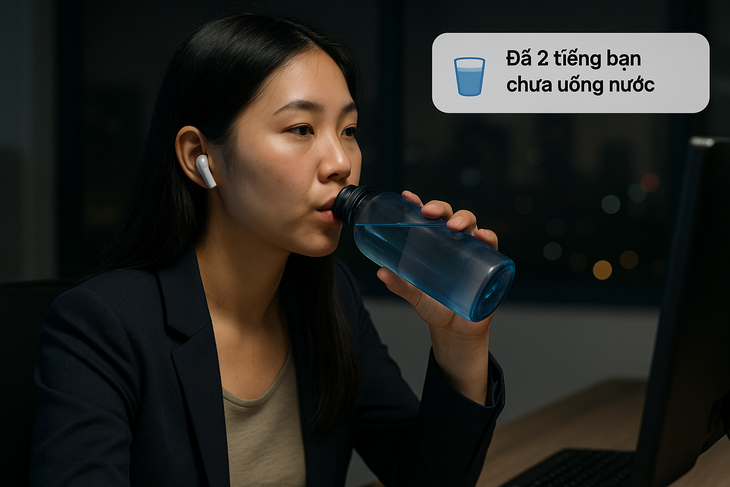
Wearable device reminds you to drink enough water during the day.
In a world where people are increasingly busy, self-care is gradually pushed back behind meetings, deadlines, and countless nameless tasks. Drinking enough water, exercising properly, eating scientifically - seemingly simple things have become "luxuries" for many people.
However, thanks to the development of technology, maintaining a healthy lifestyle is being digitized and personalized every day.
Reminders… from the wrist
A soft "ping" from your watch: "You haven't had a drink in 2 hours." An icon appears on the screen: "You've been sitting too long. Time to get up and move around"...
With just one tap, users can access sleep reports, daily steps, current heart rate, and even get alerts if blood pressure shows signs of abnormality.
According to Tuoi Tre Online's research, smart wearable devices are doing more than just monitoring - they learn from users' behavior and proactively make suggestions to help improve living habits.
For example, if you regularly go to bed after 1 a.m., the device will remind you earlier. If you don't get 8,000 steps a day, it will suggest moderate exercise to gradually increase your activity.
When artificial intelligence becomes a "nutritionist"
Technology can now go beyond reminders and offer deeply personalized suggestions. Many current health apps use AI and machine learning to analyze diets, exercise history, and biological indicators to suggest appropriate menus for each goal: weight loss, muscle gain, improved cardiovascular health, diabetes control, etc.
Apps like MyFitnessPal, Yazio, Lifesum even let users scan food barcodes to quickly calculate calories, carbs, sugars, and fats. Some platforms like Lumen use breath sensors to analyze metabolism, thereby suggesting reasonable meal times and types of foods to consume during the day.
Technology can no longer simply say, “Eat more vegetables,” but rather say, “Given your activity level today and your blood sugar history, you should eat a portion of 35g protein and under 20g carbs at dinner.”
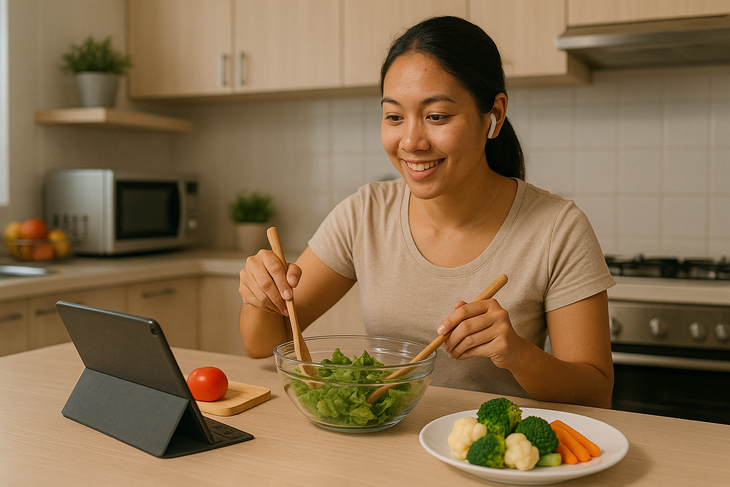
Technology helps balance nutrition
The kitchen, the bedroom, and even the… refrigerator participate.
Not just phones or watches, IoT (Internet of Things) devices are increasingly playing a role in setting up a "healthcare home".
Smart refrigerators can record your late-night snacking habits and alert you. Digital scales can sync with nutrition apps to track your weight loss progress. Smart mirrors can analyze facial expressions to alert you to stress levels. Smart beds can even adjust temperature and tilt based on your sleep cycle.
Technology is quietly connecting every living space into an ecosystem that monitors - supports - improves overall health.
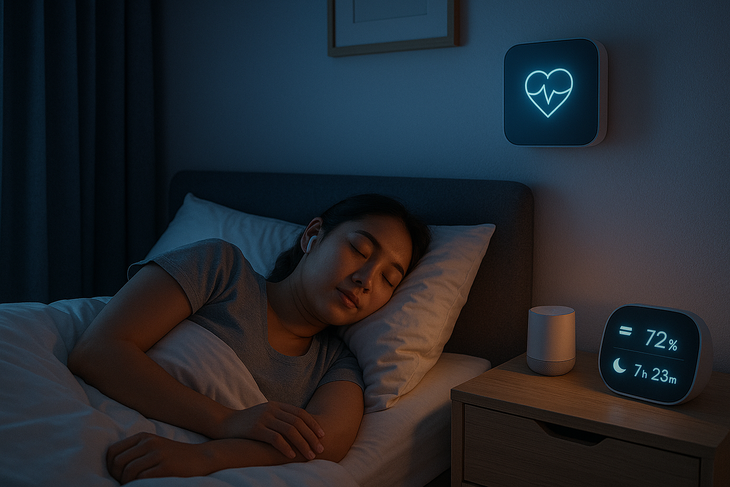
When sleep is also managed by "4.0 coaches".
Not just for young people
While these devices were previously popular with young people because of their fashion and technology, now the elderly are also gradually becoming the focus. Heart health monitoring bracelets, fall warnings, or watches that send emergency signals when detecting an irregular heartbeat are becoming "inseparable items" for many elderly people.
In addition, platforms that remind people to take medication on time, warn when blood pressure exceeds a certain threshold, or send alerts to relatives when signs of a stroke are detected... are helping technology become part of the remote preventive healthcare system.
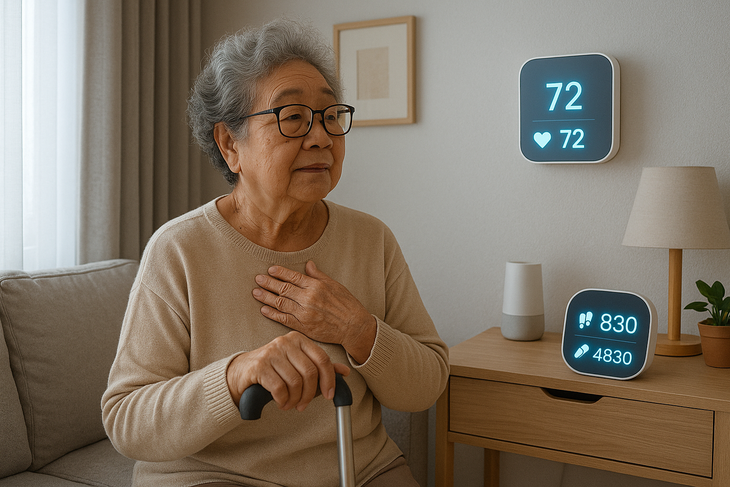
Elderly health is better monitored with assistive technology devices
The downside of "health management technology"
However, not everyone is comfortable with being constantly "reminded" by technology. Some people feel monitored and deprived of freedom.
A study from Stanford University found that if reminders are repeated too often, users may turn them off completely or become resistant to them.
Also, not all technology advice is right for everyone: over-reliance on machines sometimes makes users forget to listen to their own bodies.
Technology cannot replace determination and change from within. But it can be an "invisible coach" who is always there, non-judgmental, non-giving up, and always patiently accompanying users to get closer to a healthy, balanced life.
Source: https://tuoitre.vn/khi-cong-nghe-tro-thanh-huan-luyen-vien-suc-khoe-20250616111334134.htm






![[Photo] Prime Minister Pham Minh Chinh receives Lao Minister of Labor and Welfare Phosay Sayasone](https://vphoto.vietnam.vn/thumb/1200x675/vietnam/resource/IMAGE/2025/11/11/1762872028311_dsc-2246-jpg.webp)

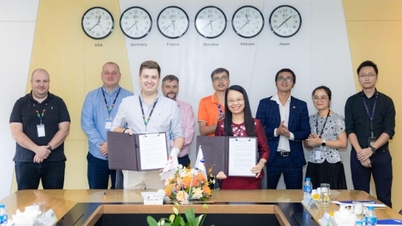






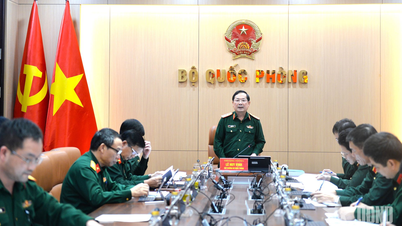

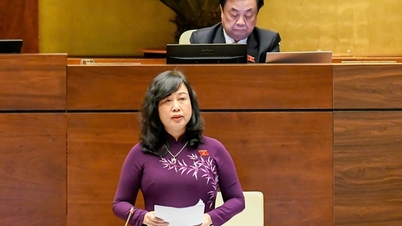






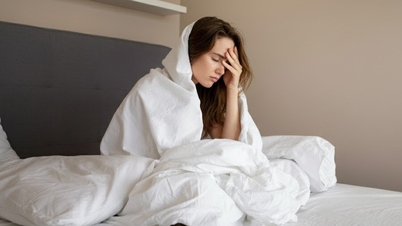


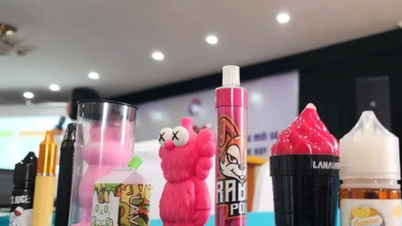





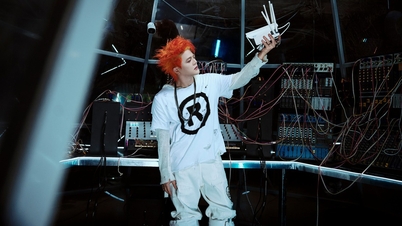


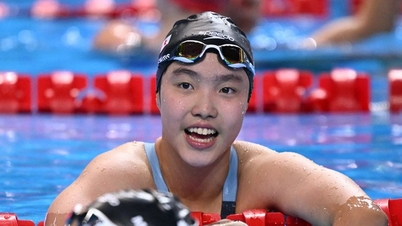


























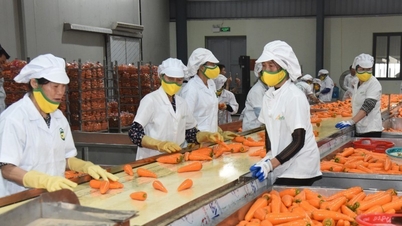
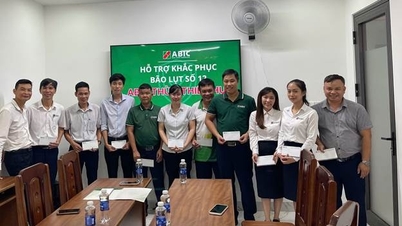

















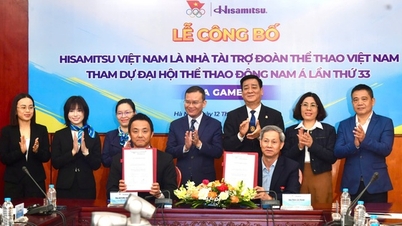





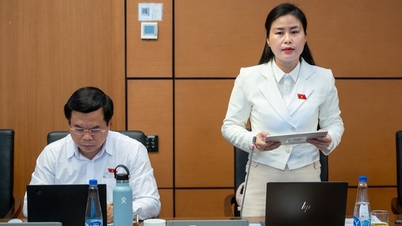
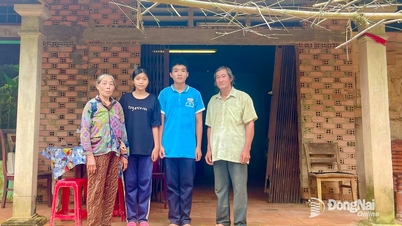

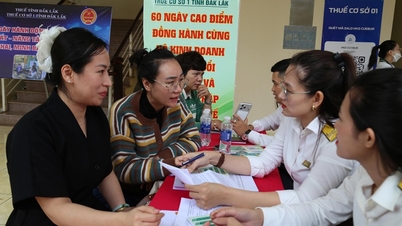
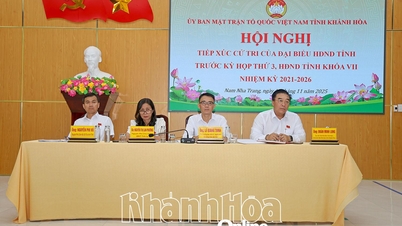



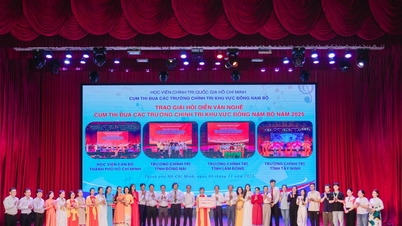
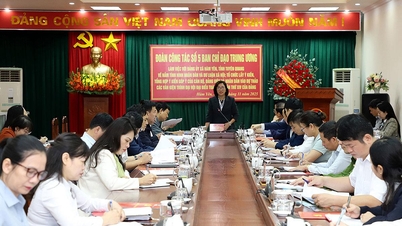






![Dong Nai OCOP transition: [Article 3] Linking tourism with OCOP product consumption](https://vphoto.vietnam.vn/thumb/402x226/vietnam/resource/IMAGE/2025/11/10/1762739199309_1324-2740-7_n-162543_981.jpeg)





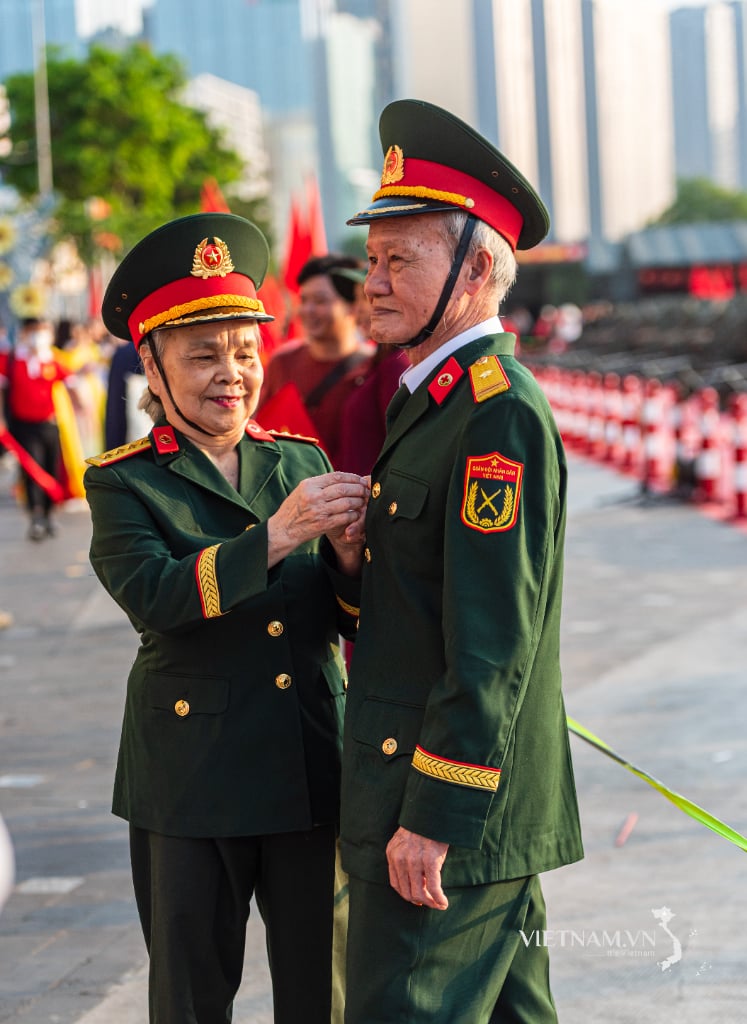


Comment (0)